“They’re wonderful people. They’re always so interested and concerned that you feel special.”
Diagnostic Testing
We have onsite radiology imaging (PET and CT scans) and a lab to help make diagnostic testing timely and convenient. Whether you’re coming to us because your doctor suspects you may have cancer or if you’ve already been diagnosed, we’re here to help you through the process. We’ll ease your mind by explaining everything that will happen, how long things will take and when you will hear the results.
Time frames for lab tests or scan results are:
- Medical imaging/scans: 48 hours
- Tumor markers: 48 hours
- Bone marrow: 5-7 days
- Pathology reports: 7-10 working days
Our Lab
You may need regular blood or urine tests throughout your treatment to learn more about how your cancer is affecting other parts of your body. These tests give us valuable information to help us know how best to treat you and keep you as healthy as possible during the treatment process. We can:
- Establish baseline measurements before you begin treatment so we can compare future treatments to your original results
- Determine which treatment may be appropriate
- Verify that a treatment has been effective
- Find subtle changes during routine check-ups before you develop symptoms of a disease
- Find clues that may indicate the reason you are experiencing symptoms
- Monitor the cancer to see if it has gotten better, stayed the same or gotten worse
PET/CT Scans
An integrated PET/CT scan is the most advanced imaging technology for the detection and evaluation of cancer. A PET/CT scan provides images of the entire body and generates high-resolution images of abnormal activity and its location. Abnormal activity often takes place before physical changes are identifiable by other types of imaging such as MRI, CT, x-ray and ultrasound. The scan detects primary and secondary disease earlier and more accurately than other imaging technology. Before having a PET scan, your doctor may order a series of x-rays, MRIs or CTs. Our team will work with your doctor and insurance payer to determine which test is most appropriate based on your diagnosis and symptoms.
Our doctors use PET/CT images to:
- Identify disease often before it shows up on other exams
- Determine whether or not the cancer has spread (the stage of the cancer)
- See how the body has responded to chemotherapy, radiation therapy or surgery
- Eliminate ineffective or unnecessary surgical or medical treatments
- Detect recurrence of cancer early.
What to expect
Bone Marrow Aspiration & Biopsy
Bone marrow is a fatty substance that is found inside larger bones. Bone marrow produces all the different types of blood cells needed for vital functioning. Red blood cells, white blood cells, and platelets are all made within the marrow and regulate the rate that these cells are made. Your doctor can evaluate and diagnose the reason behind an abnormal complete blood count by performing a procedure called a bone marrow aspiration and/or bone marrow biopsy.
Bone marrow has a fluid portion and a more solid portion. A bone marrow aspiration is when your doctor uses a needle to withdraw a sample of the fluid portion of your bone marrow. In a bone marrow biopsy, a needle is used to withdraw a sample of the solid portion.
What to expect
Why Choose Us?
- Highly trained, collaborative oncology specialists all currently taking new patients
- Consultation appointments scheduled within 3-5 days of referral and in some cases same-day appointments available
- One-stop campus for comprehensive diagnositics and treatment for many types of cancer including radiation, chemotherapy infusion, lab draws and imaging services
- Onsite infusion center offers comfortable, home-like setting
- In-office lab testing
- In-office medication dispensary
- Open, immediate access to outpatient symptom management
- 24-hour physician coverage
- QOPI-certified clinical trials
- We accept most insurance plans including Medicare, Medicaid, and VA



